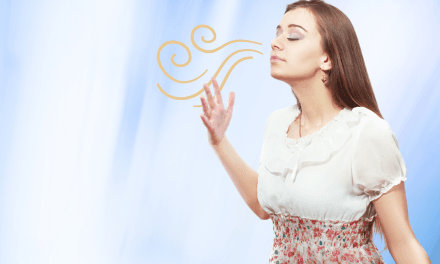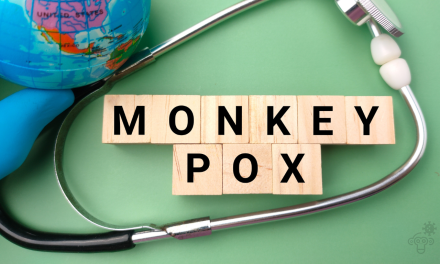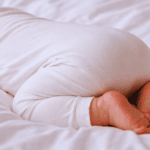In today’s world, sleep has become an obsession. Experts urge us to achieve perfect, uninterrupted slumber, with the ideal balance of REM and non-REM sleep, warning of dire consequences if we fail. We’re told poor sleep increases risks of heart disease, Alzheimer’s, and even death. Unsurprisingly, this has fueled a global sleep industry worth $585 billion—and rising levels of sleep anxiety, with 37% of people reporting struggles to sleep.
But here’s a comforting truth: no one has ever died from insomnia. In fact, sleeplessness, in its many forms, is far more common and less harmful than we’re led to believe.
Sleeplessness is Part of Our History
Humans have long experienced periods of broken or short sleep. Historical records—from letters to diaries—paint a picture of nights interrupted by caregiving, ceremonies, and threats like predators or storms. Before the Industrial Revolution, segmented sleep was the norm. People would wake during the night, use the time for prayer, reflection, or creative pursuits, and then return to their second sleep.
Even today, many Indigenous cultures and Mediterranean communities maintain biphasic sleep patterns. This historical perspective suggests our sleeplessness is natural, not a modern affliction to fear.
Benefits of Night Wakefulness
Viewing insomnia as a threat only worsens the anxiety. Instead, treating wakeful nights as opportunities can transform the experience. Historically, night hours offered a chance for spiritual or creative reconnection. Renowned artists and writers, like Lee Krasner and Louise Bourgeois, embraced these quiet hours to produce some of their most profound works.
Research supports the idea that wakeful nights may have hidden benefits. A study by Prof. Roger Wong found that people experiencing “sleep maintenance insomnia” were 40% less likely to develop dementia than those who slept uninterrupted.
Overcoming Performance Anxiety
Many of us dread sleepless nights, fearing we won’t function the next day. Yet this anxiety often outweighs reality. Studies show that how we perceive our sleep affects how well we perform. Believing a bad night’s sleep will ruin your day makes it more likely to do so.
Personal experiences also challenge the fear. Successful speeches, exams, and decades of parenting have been accomplished on limited sleep. While we may feel tired, the effects are rarely as severe as we anticipate.
The “After Midnight Mind”
Nighttime catastrophizing is a universal experience. Studies reveal that the brain functions differently at night, with reduced control over emotions and heightened fears. Hormonal changes also make us feel less optimistic. Recognizing this as a natural state—the “after midnight mind”—can help alleviate the fear. By morning, clarity often returns, and those worries seem far less significant.
A New Perspective on Insomnia
Sleeplessness doesn’t have to be a curse. It’s a normal part of human experience, not a condition to fear. Treat it as a gift of extra time—whether for creativity, quiet reflection, or simply embracing stillness. Most importantly, remember that no one dies from insomnia, and it’s not as harmful as we’ve been led to believe.















